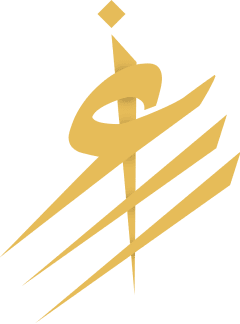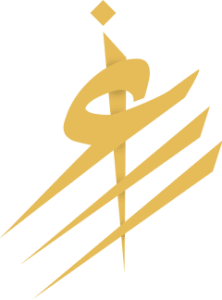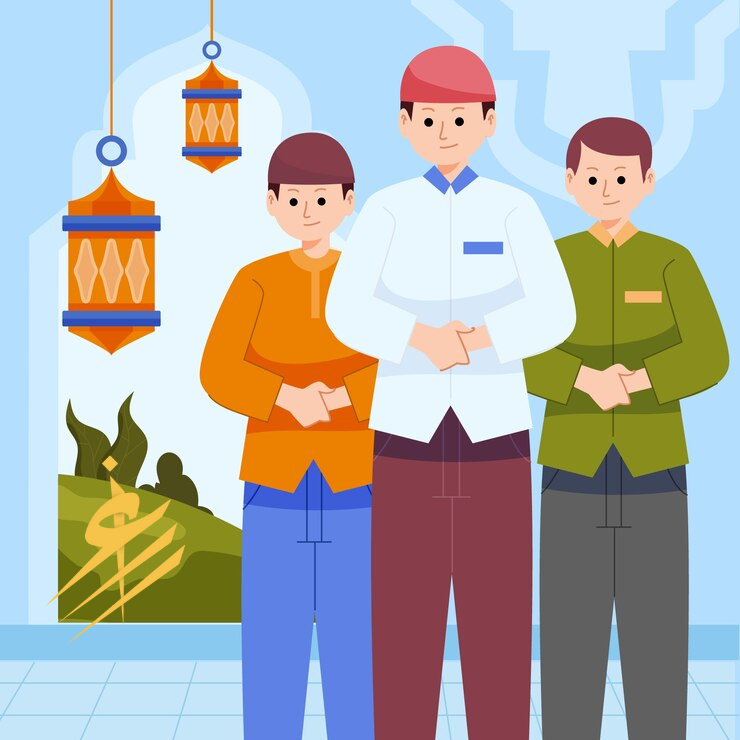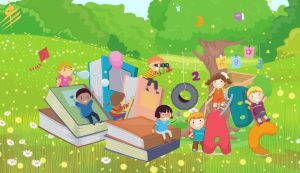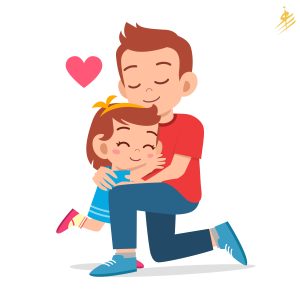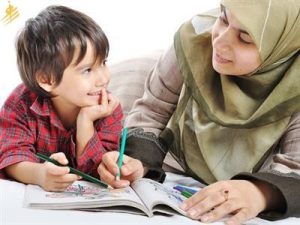Purity is cleanliness from dirt and germs, it is the process of beautifying the appearance and body, we will get to know Muslim child’s jurisprudence.. The door of purity and all the pillars related to it, why we purify and how, we will present to you a comprehensive, brief and integrated encyclopedia of purity for Muslim child.
Muslim child’s jurisprudence .. The door of purity
In this section, we will learn about the jurisprudence of purity for Muslim child and we will present in form of Question and Answer to facilitate on our dear children.
The first question that brings us here is:
Why do we purify?
Because cleanliness is from faith, purity is half faith and God doesn’t accept prayer, which is the pillar of religion and the second pillar of Islam, except through purity.
The Messenger of Allah (peace and blessing of Allah be upon him) said: “Purity is the part of faith.”
The Prophet (peace and blessing of Allah be upon him) said: “Allah doesn’t accept prayer without purification.”
Just as God loves the beautiful, clean and good-looking believer, the Almighty said: “God loves the repentant and loves the purified.”
The Messenger of Allah (peace and blessing of Allah be upon him) said: “Allah is beautiful and loves beauty.”
The Prophet (peace and blessing of Allah be upon him) said: “A Muslim man doesn’t perform ablution then prays, unless Allah forgives what is between his prayer right now and the next one.”
Here with the second question:
How do we purify?
We purify by preserving the Sunan of Fitra and the Sunan of Fitrah: are the qualities that a person has instinct on (i.e. created on them) and in which he has the most beautiful form and the best appearance, which are the following:
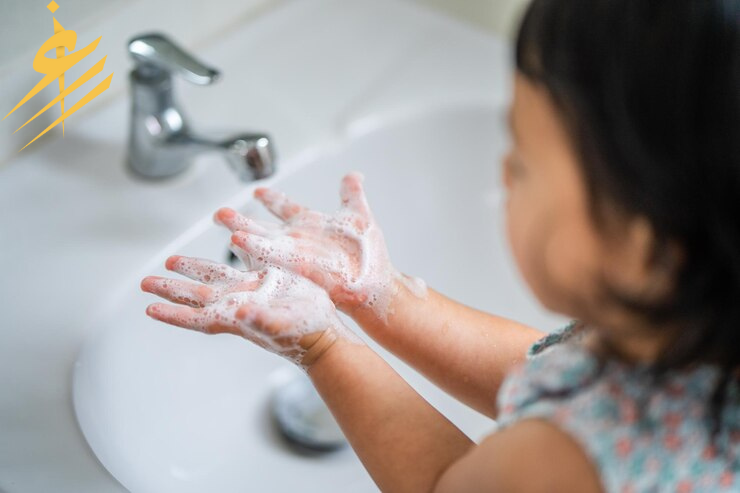
1- Miswak
It is recommended to use miswak all the time, but it is confirmed that it is desirable in these places:
- Ablution.
- Prayer.
- When reading Quran.
- When entering the house.
- After waking up.
The Messenger of Allah (peace and blessing of Allah be upon him) said: “Miswak is a purifier for the mouth, pleasing to the Lord.”
Miswak has many benefits, the most important of which are:
- pleasing to the Lord.
- Oral antiseptic.
- The angels admiration.
- Anti-caries.
- Antibacterial.
- Treats gum ulcers.
- Improves breath.
- Teeth whitening.
2- Trimming nails
Trimming nails is a Sunnah from the Prophet (peace and blessing of Allah be upon him).
It is desirable to trim them every week and it is forbidden to leave them for more than forty days.
3- Hair care
Hair care is about brushing and perfuming it day by day and it is desirable.
The messenger of Allah said: “Whoever has hair, honor it.”
In the case of haircuts, it is forbidden to shave it as Al-Qazaa.
Al-Qazaa means that some of the head is shaved and some of it is left, whether it is from one side or above, or right, or north, or from the back, or from the front, the important thing is to shave something of the hair and leave something that is forbidden to shave it.
Nafi’ narrated that bin ‘Umar said: “The Messenger of Allah forbade Qazaa and it was said by Nafi’: What is Qazaa? He said, ‘Some of the boy’s head should be shaved.'”
4- Perfuming
The Messenger of Allah (peace and blessing of Allah be upon him) said: “I loved women and perfuming from this world and I have made the apple of my eyes in prayer.”
You can also read about: The Purity’s jurisprudence for Muslim child and how to purify.
The third question is:
When shall we purify?
A Muslim must perform ablution and ablution in these following places:
- Ablution before prayer.
- Before touching Quran.
- When remembering Allah Almighty.
- Before washing.
- When sleeping.
- At every prayer, if it is on previous purity.
- After each event such as urination and defecation.
Fourth question: Where do we purify?
When purifying after defecating in the open area, stay away in a place where no one can see us.
Not to be receivers of Qibla or orchestrated by it.
It is forbidden to relieve ourselves in the way of people or in their shadow.
It also hates urinating in the bath (the place where we wash).
It is forbidden to urinate in stagnant water.
Download jeras app from here for more social and educational articles.
